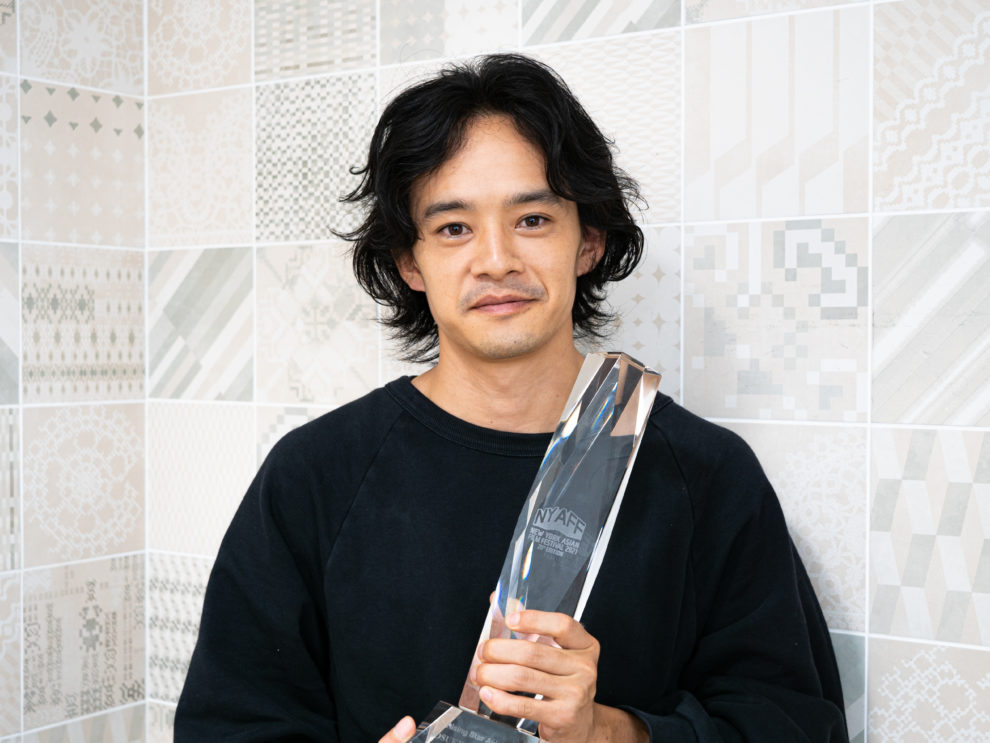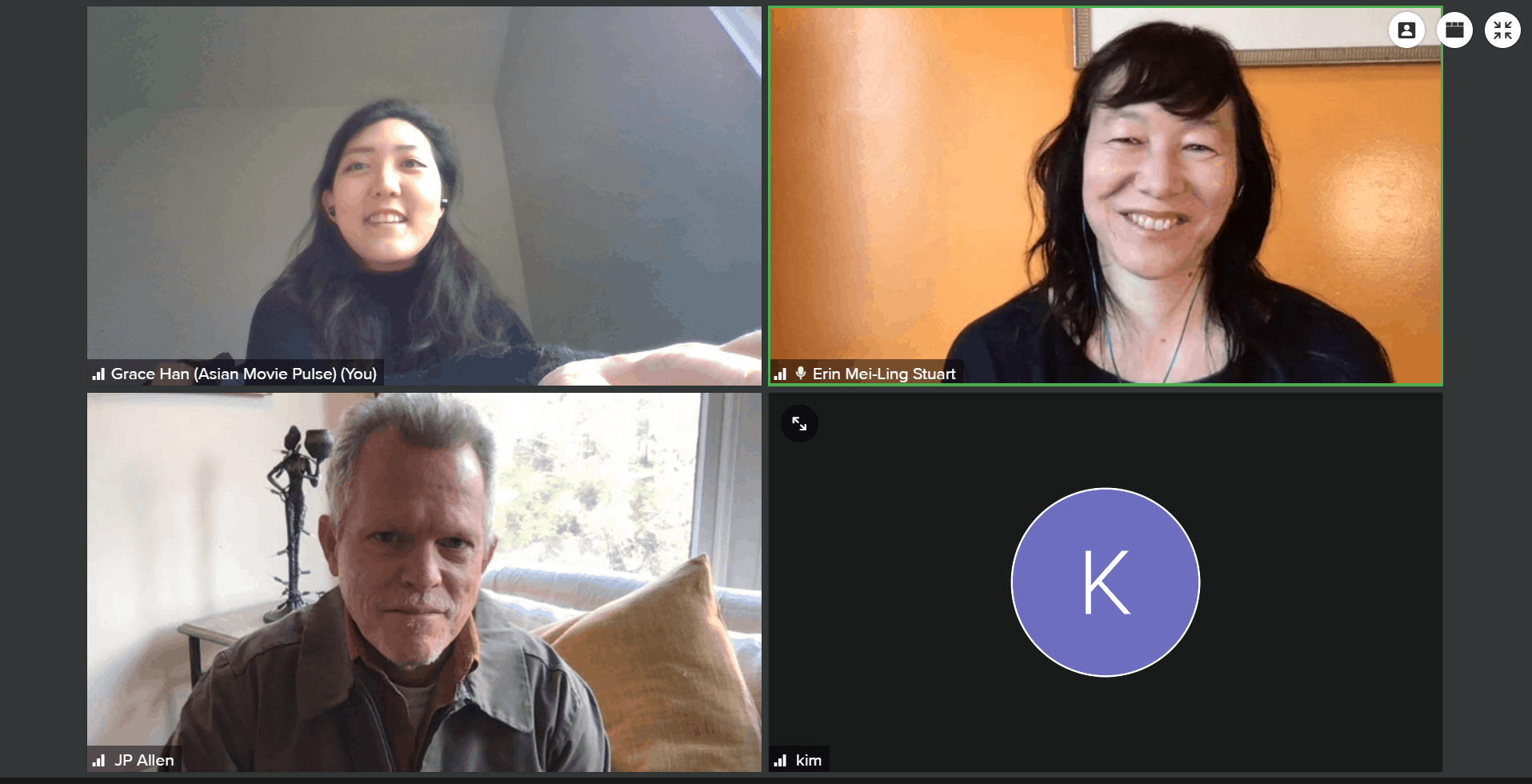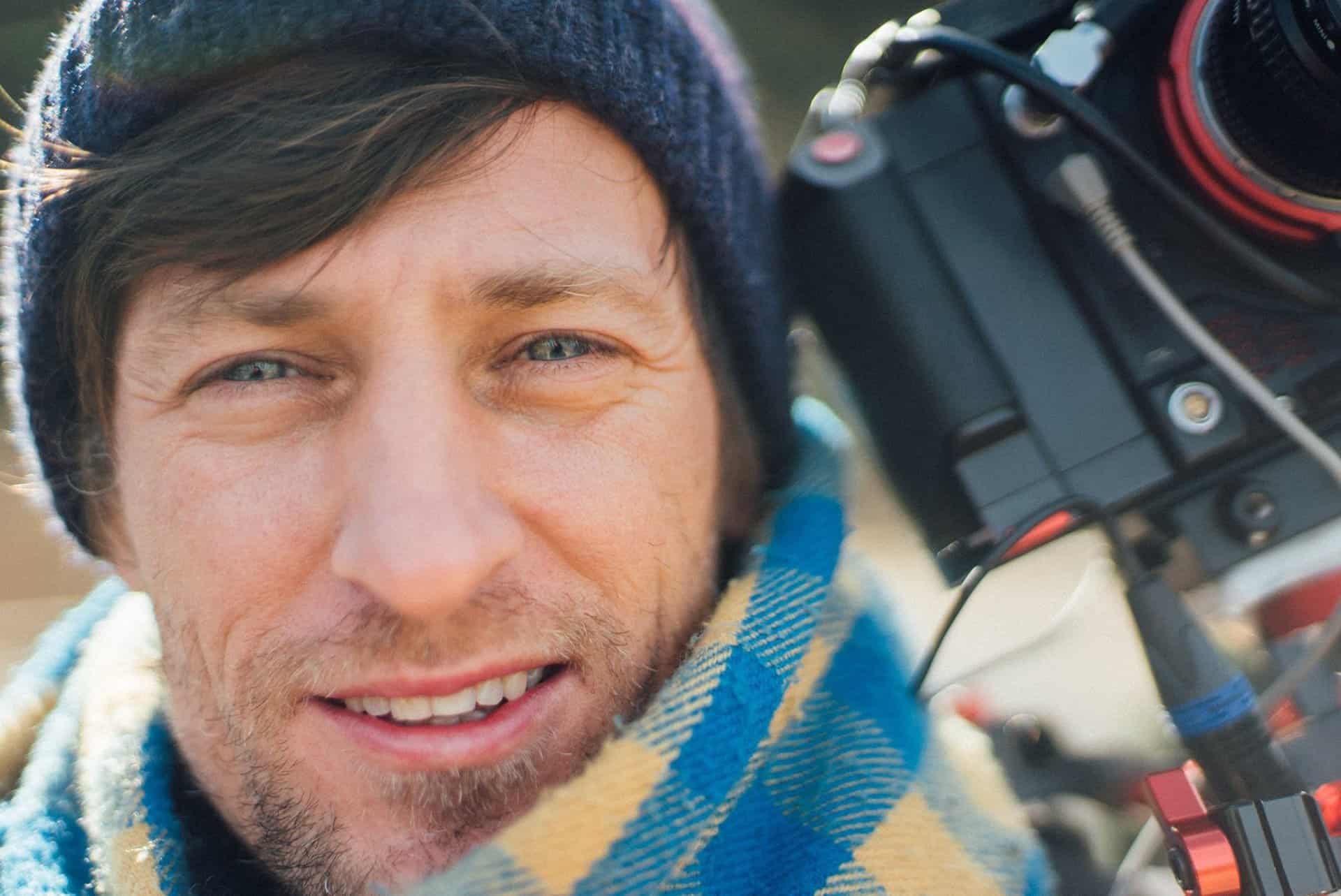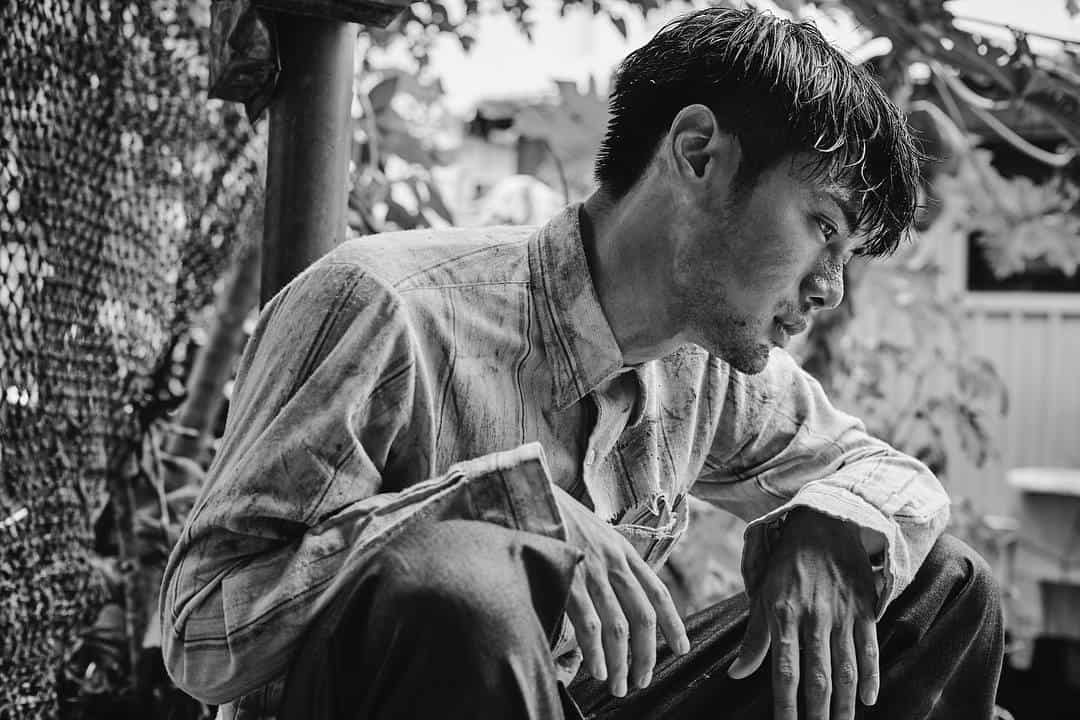Sosuke Ikematsu is a Japanese actor, born on July 9, 1990 in Dazaifu, Fukuoka Prefecture, and graduated from Noma Junior High School in Minami-ku, Fukuoka City, Fukuoka in March 2006. At the age of only 13, Ikematsu landed his first film role as Higen, the young nephew of samurai leader Katsumoto, in the 2003 blockbuster hit The Last Samurai. He has since gone on to star in many feature-length films in Japan, including the recent “The Long Excuse”, ”“Killing”, “Shoplifters”, “A Girl Missing”.
“The Asian Angel” premiered as the closing film of the 2021 Osaka Asian Film Festival. The film was selected to be screened at the 20th New York Asian Film Festival (NYAFF). Ikematsu, who plays the starring role, was also selected for one of the festival's three Rising Star Asia Awards.
On the occasion of “The Asian Angel” screening at NYAFF and Ikematsu running for the Rising Star Asia Awards, we speak with the actor about shooting in South Korea, the role of Aoki, working with South Korean talents, the Japanese movie industry and other topics.
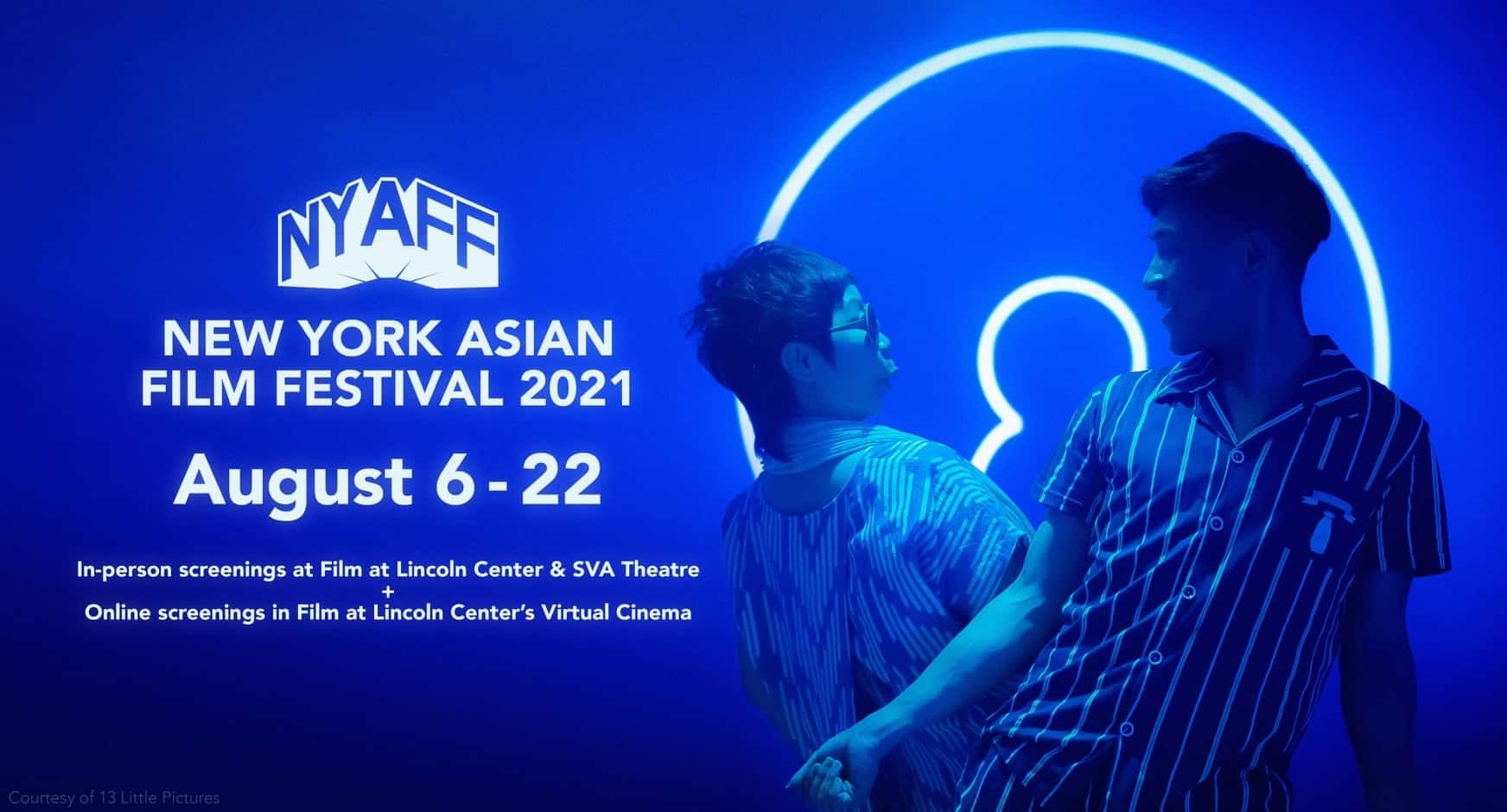
Interview translation: Koichi Mori
“The Asian Angel” was shot in S. Korea with a mixture of Japanese and Korean actors. Was it difficult for you to adapt to this situation and which were the most significant differences working in Japan with an all-Japanese crew, for example?
It takes a long time to understand one other's differences in terms of language, culture, and social systems. It's easy enough to recognize superficial differences, but in a creative environment, you have to confirm and and conflate them one by one. I think that was an important step in this film, because it's a story about two families from different countries who gradually unite and create a community of life.
If the film had been made only in Japan, it would be based on vaguely defined rules and basic assumptions that had been made by someone else in the past. I think the absence of those things, and the fact that we start by accepting each other, are the biggest differences. That was the most exciting part, and the most difficult part of the process, compared to working in Japan alone. At the same time, I think this type of process is the most important one for Japan and the world today.
Why did you choose to play the role of Aoki? In general, what do you look for in the parts you pick to play? Since the roles you play differ significantly from one another, is diversity one of the things you aim for?
This is what I think about every single day, the questions I ask myself about my roles and work. My criteria is whether they would inspire me, and also what I can bring to the project. I was drawn to the role of Aoki because I wanted to hear his voice. At the end of the 2010s, he had been completely lost, dispirited and preoccupied. But he found the courage to not give up, and he came to rescue someone with love. And he was charming.
Although I'm not particularly conscious of it, to expand my awareness of diversity in my daily life, I never stick to one opinion. I believe that this will broaden the scope of the work I'm involved in.
If you would describe Aoki to someone, what would you say about him?
He is an impoverished novelist with wings on his back.
Do you think that love can go beyond issues of communication?
I believe we can transcend them. Film is human wisdom, and it continues to prove this. And of course, communication leads to love, but I believe that love also leads to communication.
How was your cooperation with Joe Odagiri and Moon Choi?
Mr. Odagiri is one of the leading actors in Japan today, both technically and mentally strong. This is the first time I had the pleasure of working closely with him, and I was really impressed by his sense of style, humor, and uniqueness. He's a brother to be proud of.
Ms. Choi Hee-soo (Moon Choi) is fluent in Japanese, since she lived in Japan for several years. She sometimes played the role of interpreter on set, and she saved me many times. She did her best to connect the Japanese and Korean families. She's not only an excellent actress, but also a true humanist. Encounters with other great talent, like Kim Min-jae and Kim Ye-eun, brought a lot of happiness to this film.
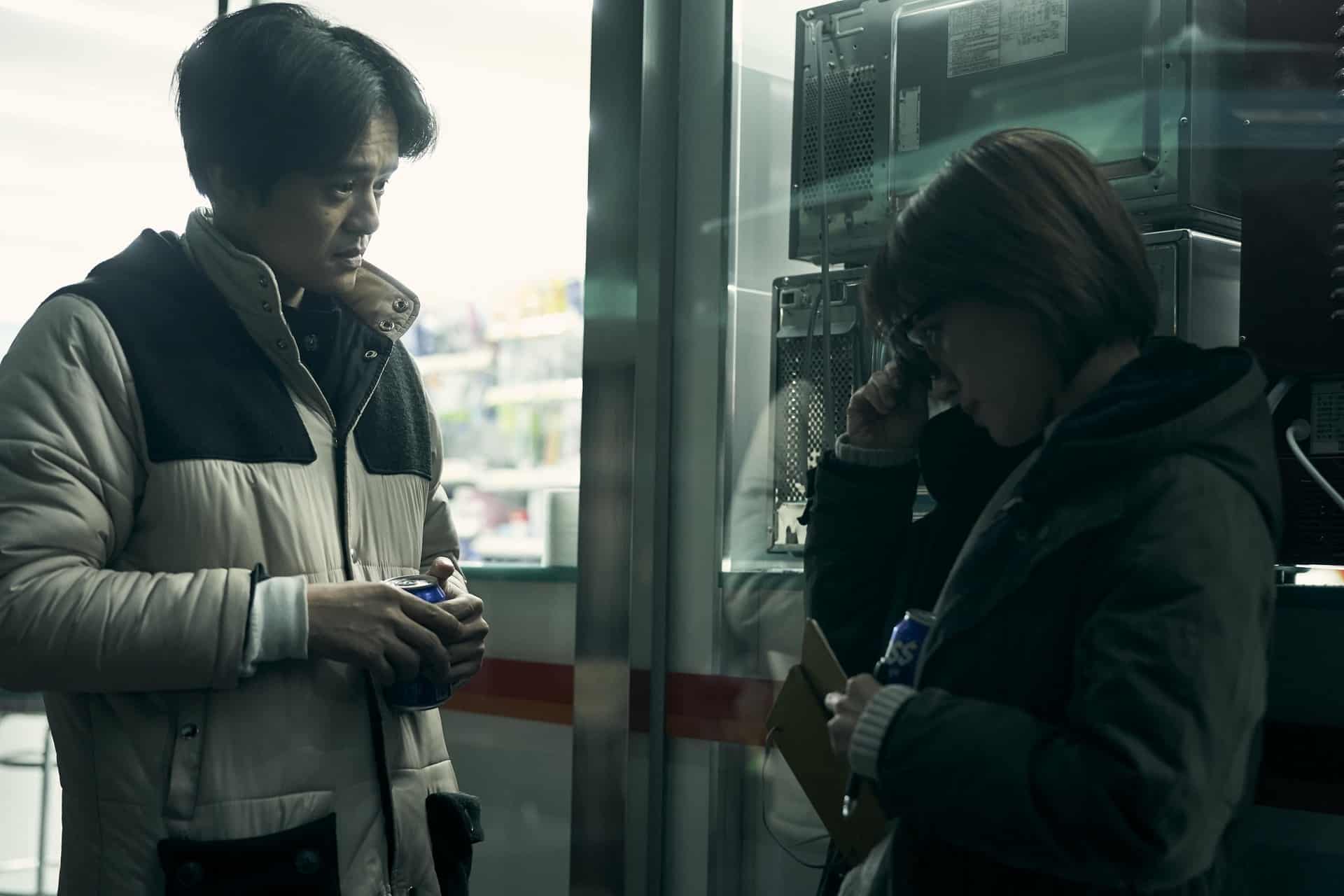
How was your cooperation with Yuya Ishii?
I have worked with Mr. Ishii many times in the past. Each time, we've had to overcome great obstacles together. I'm sincerely grateful to him for involving me again in this important mission. We shared the burden of planning and making it happen together. This was his first overseas collaborative project, and I watched him as he worked harder and longer than ever before. It was like we'd embarked on a journey together to face all sorts of troubles. I am very proud of him for making this film a reality.
Japanese actors tend to appear in a lot more movies than their colleagues in S. Korea or the US, for example. Why is that? In general, how is the experience of working as an actor in the Japanese movie industry?
The answer is simple: we get paid less and the time spent on each film is short. In other words, film budgets are low. This is due to the over-reliance on the domestic market. As a result, there are many cast and crew members who get paid low wages and have to put in hard labor, because there's not enough time or money. Filmmaking and acting have become intensive labor, and creativity has been lost. In addition, Japan does not have a government subsidy system like Korea does. These problems are major issues.
I was born and raised in Japan, and I've been influenced by many excellent Japanese films. I think that's my advantage. But for the sake of future films, I'm trying to find ways to help open up to the world, both for actors and filmmakers, without forgetting the roots of Japanese cinema.
Can you give us some details about your future projects?
I can't tell you the details, because there are so many unreleased projects, but I actually just got back from shooting in Los Angeles last month. Therefore, I'm currently quarantining at home. Next month, I'll start shooting a new film in Japan. It will probably be a film that can be seen in the U.S. too, so I hope you'll look forward to it.


